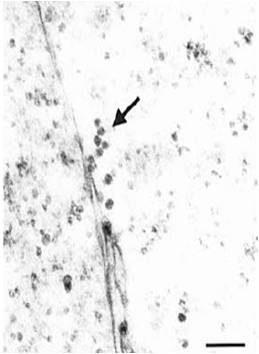As Hepatitis C is usually asymptomatic, the only way to diagnose Hepatitis C is by a simple blood test.
A positive anti-HCV blood test (antibody to Hepatitis C) means contact with the Hepatitis C virus. In order to confirm active infection, the HCV RNA test (another blood test) will be conducted. A positive anti-HCV test, and a negative HCV RNA test indicates clearance of an infection with Hepatitis C previously.
A negative anti-HCV test would imply that the person does not have Hepatitis C infection.
There is no vaccine to prevent Hepatitis C infection.
The only method to prevent infection is to avoid risk factors for Hepatitis C infection such as tattoos and intravenous drug abuse.
Today, with the availability of potent antiviral medications, all patients should be evaluated for treatment. With early detection and appropriate therapy, most patients can be cured of the disease.
All persons with Hepatitis C should undergo regular medical follow-up. The purpose of which is to check for liver cancer, and any active liver inflammation. During follow-up, an ultrasound will help to screen for liver cirrhosis and liver cancer. Early detection of liver cancer gives the best chance for cure. Blood tests should be done routinely and include liver function tests to detect liver inflammation, and alpha fetoprotein for liver cancer.
Patients are advised to avoid alcohol and traditional medicines as these substances may cause additional liver damage. Patients should notify their doctors of their Hepatitis C diagnosis and go for routine medical checkups.
















